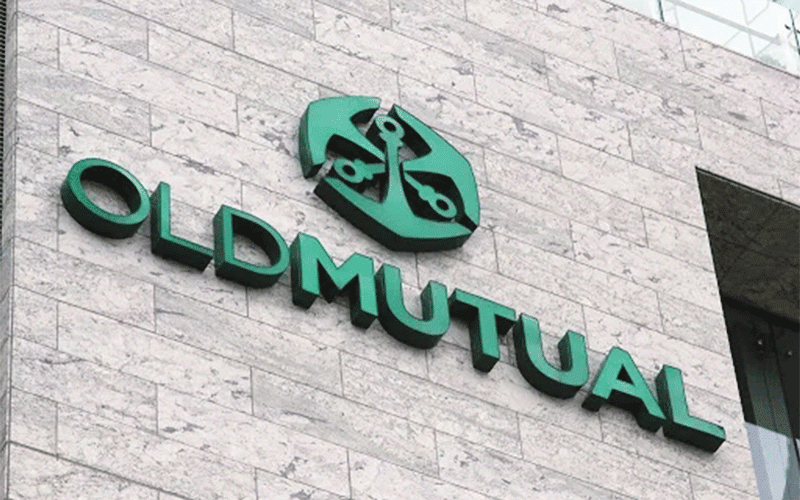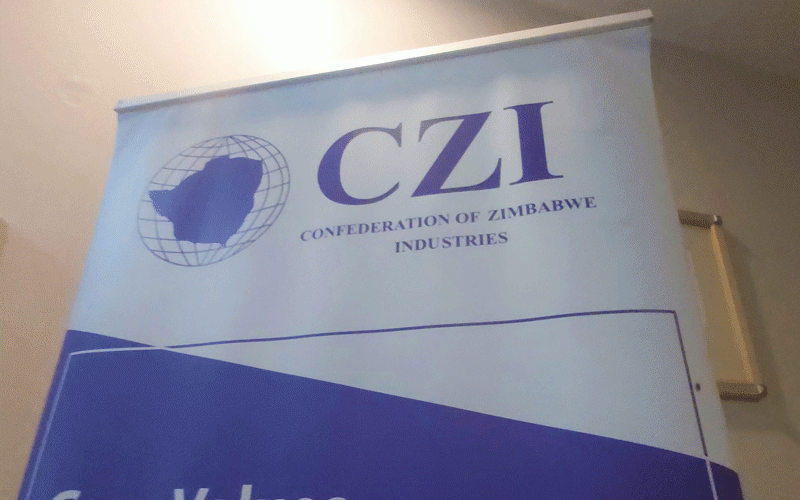
OLD Mutual Insurance Company (OMI) says its investment approach has remained skewed towards non-monetary assets, with the firm exploring opportunities to invest excess capital in businesses in the short-term insurance value chain.
In a statement accompanying the financial results for the year ended December 31, 2022, chairman Bongai Zamchiya said the firm would continue to explore ways to effectively allocate capital and preserve value for shareholders in the inflationary operating environment.
Blended inflation statistics released by the Zimbabwe National Statistics Agency show month-on-month inflation mounting unsustainably in May 2023, gaining 13,3 percentage points on the April 2023 rate of 2,4% to 15,7%.
From a year-on-year perspective, general blended prices in the economy increased by 86,5% in May 2023, relative to 75,6% recorded in April 2023.
“We maintained efforts from the prior year to develop and offer adapted products that seek to provide the best value for money for our customers in the current operating environment and minimise the risk of loss of value for our customers and shareholders,” Zamchiya said.
“Our customers continued to favour US dollar-denominated policies represented by strong growth of the US dollar premiums. We continued to explore ways to effectively allocate capital and preserve value for our shareholders in the inflationary operating environment.
“Our investment approach remained skewed towards non-monetary assets with the business exploring opportunities to invest excess capital in businesses within the short-term insurance value chain.”
He said the business remained non-compliant with thresholds for prescribed assets and unquoted equities, but they have submitted a compliance plan to the regulator and they continue to engage on this matter.
- Feature: The inevitable return of the greenback
- Econet introduces ‘Smart US Dollar bundles’
- Looming showdown between teachers, Govt
- Looming showdown between teachers, Govt
Keep Reading
The business remained adequately capitalised to meet both regulatory and internal requirements, he said.
The company posted an inflation-adjusted loss before tax of $0,6 billion for the year ended December 31, 2022 compared to a profit before tax of $5,0bn for the same period last year.
Inflation-adjusted total assets increased from $13,9bn in 2021 to $18,7bn.
The restated total equity of $7,4bn was lower than the restated comparable of $9,6bn mainly due to a slump in the investment markets in the year under review.
On a historical cost basis, profit before tax increased by 190% from $2,0bn in 2021 to $5,7bn in 2022 mainly driven by growth in revenue. Net income went up by 294% from $4,1bn to $16,2bn on the back of growth in all revenue lines.
Historical net earned premiums for the business grew by 263% to $6,7bn, mainly driven by increases in the nominal value of premiums due to the impact of inflation as well as growth in volumes of business written in foreign currency.
Investment returns increased by 320% to $8,7bn largely due to significant unrealised gains on listed equities, translation of investments denominated in foreign currency and revaluation gains on investment property.
Operating and administration expenses increased by 374% to $3,7bn.
The increase, according to Zamchiya, was driven by inflationary pressures which necessitated regular adjustments to employee remuneration and the impact of local currency devaluation which resulted in costs of imported goods and services increasing significantly.
The threat of losing key staff remains a concern to the business, he said.











